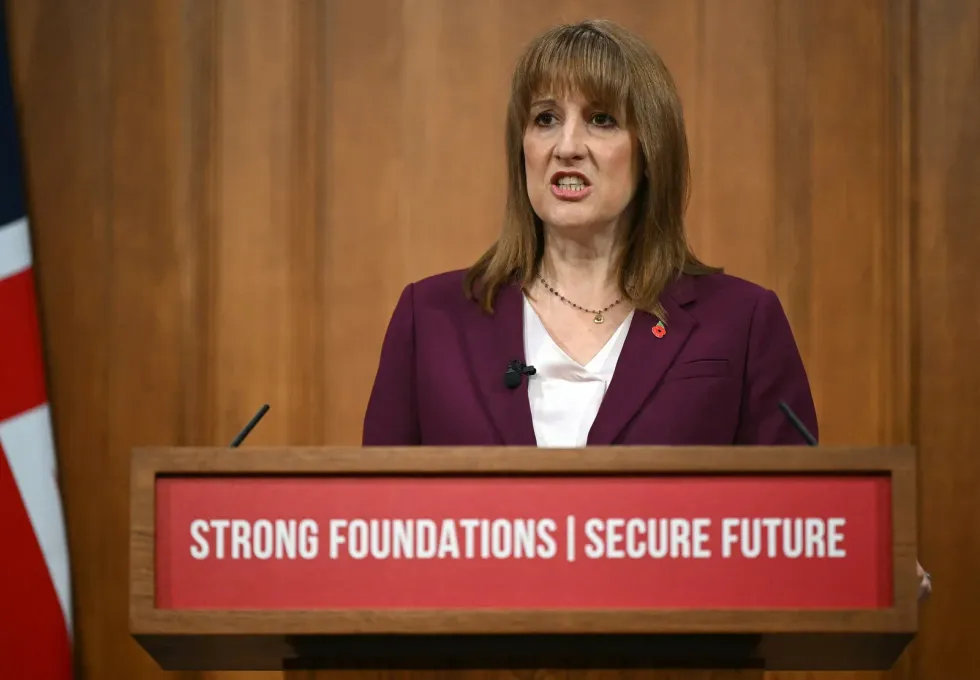Rachel Reeves is being urged to launch an inheritance overhaul and give stronger protectons to unmarried couples, as too many Britons “aren’t entitled to partners estates.”
The Inheritance Act 1975 was initially brought in by Harold Wilson to give women the right to a share of their husband’s estate.
But UK law firm TWM Solicitors argue “there is still more that needs to be done to update the law to account for the variety of family types that are common these days”.
The Act was designed to ensure surviving spouses could claim substantial portions of marital assets rather than receiving limited maintenance payments.
Legal specialists described the changes as radical, noting that the reforms delivered fairer treatment in estate distribution and raised living standards for surviving partners.
The legislation helped to drive equality between spouses, ensuring widows and widowers would receive treatment comparable to that available through divorce proceedings.
At its core was the revolutionary concept that spouses deserved a fair share of marital wealth rather than simple maintenance support.
This enabled surviving partners to claim half or more of shared assets based on their needs, even if they had not contributed directly to household income.

Anniversary of historic legislation reignites debate over protections for cohabiting partners and modern families
|
GETTY
Stuart Downey, partner and head of the Will, Trust and Estate Disputes team at TWM Solicitors, said: “The legislation had a huge practical impact on the living standards of the surviving wife.”
He said the previous framework had created severe hardship for widowed women, who often risked losing their homes and experiencing sharp drops in living standards.
“Under the previous law widowed women could potentially see a dramatic drop in their lifestyle, for example being forced to leave their family home or having their spending power severely curtailed,” Mr Downey said.
The legislation also removed restrictions that had prevented unmarried daughters and adult sons over 21 from making inheritance claims.
“The previous set of rules also excluded people who otherwise should have been entitled to a share of the estate, including married daughters, sons over the age of 21, as well as nieces and nephews who were dependents,” Mr Downey said.
 Rachel Reeves has refused to confirm if she will break Labour’s manifesto commitments at her Budget | PA
Rachel Reeves has refused to confirm if she will break Labour’s manifesto commitments at her Budget | PAThe extended rights created fairer inheritance arrangements for family members previously excluded from estates. However, modern Britain presents a very different picture from 1975.
Census data from 2021 shows that unmarried couples living together now make up a quarter of all partnerships, up from 20 per cent in 2011.
Yet cohabiting partners remain outside the Act’s protections, qualifying only for maintenance support rather than a share of assets.
“Some couples may be living together for decades as unmarried partners, only to find that, if no Will has been prepared, they aren’t entitled to a share of their partner’s estate,” Mr Downey warned.
This gap means long-term partners risk losing shared homes and being forced into rented accommodation following bereavement.
“This could mean they have to move out of the home they have shared and into rental accommodation,” he added.
Blended households combining children from multiple relationships have added further complexity.
Under current intestacy rules, the first £322,000 of an estate goes to the surviving spouse, with remaining assets divided between that spouse and the deceased’s children.

Where estates fall below that figure, or little remains after spousal allocation, children can receive minimal or no inheritance
|
GETTYWhere estates fall below that figure, or little remains after spousal allocation, children can receive minimal or no inheritance.
TWM Solicitors argues that inheritance laws need urgent updates to reflect modern family dynamics and to protect vulnerable children.
“There is still more that needs to be done to update the law to account for the variety of family types that are common these days,” Mr Downey said.
The firm maintains that estate regulations must evolve to reflect modern society, and ensure fairness for all dependents.
